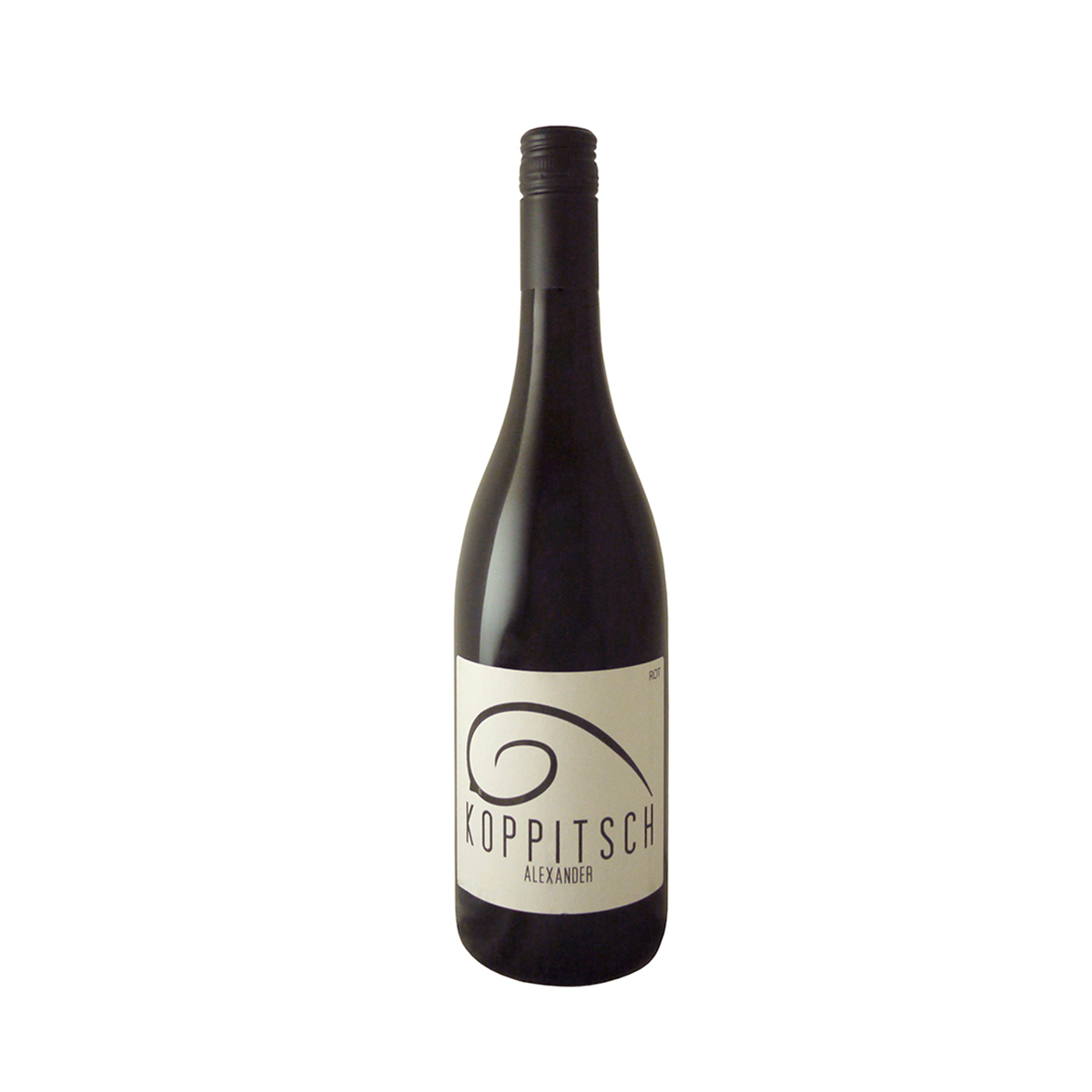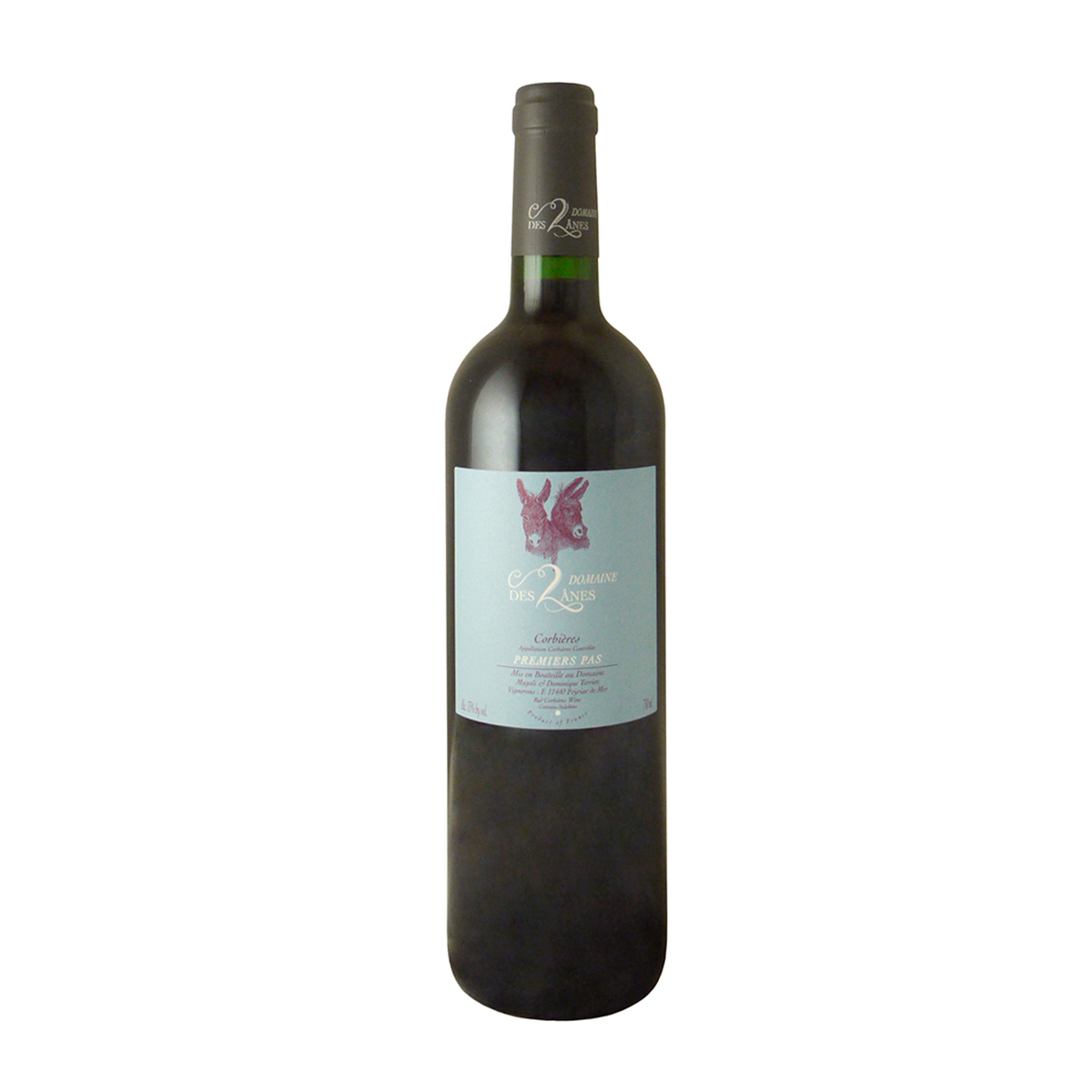There's a Really Simple Way to Avoid a Wine Hangover, According to a Sommelier

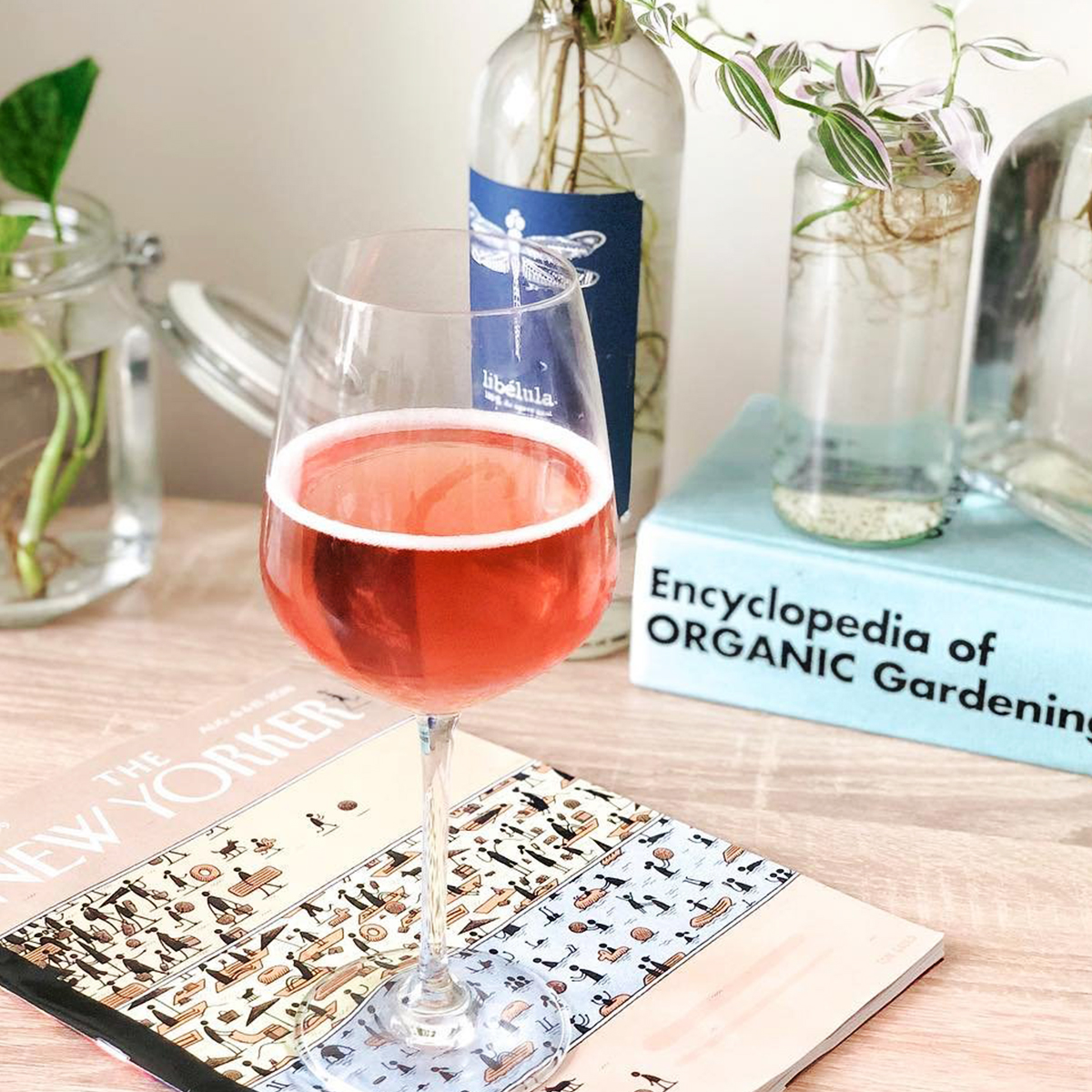
If you enjoy a glass (or two) of wine on a regular basis, you know the trade-off to that signature cozy buzz is the dull headache that settles in the following morning (unless, of course, you try these drinks). It's enough of a nuisance that a growing crop of "natural," organic, and biodynamic wines are being marketed as a hangover-free option. And while it's not necessarily that simple, there is some truth to it all.
But really, evading a wine headache is just a nice side effect of making a conscious choice for your body and the planet. Just as you likely pay mind to the food you consume and where it's coming from, the wine you drink carries its own set of repercussions. The trick, of course, is knowing how to weed through the misinformation and shop for the right bottle. (Spoiler: Sulfites aren't necessarily causing your hangover.)
To learn more, we deferred to Heather Gordon, a writer and certified sommelier. Below, she reveals the difference between "natural" and biodynamic, and how to actually nip your wine headache in the bud. (Shop her three favorite natural wines, too.)
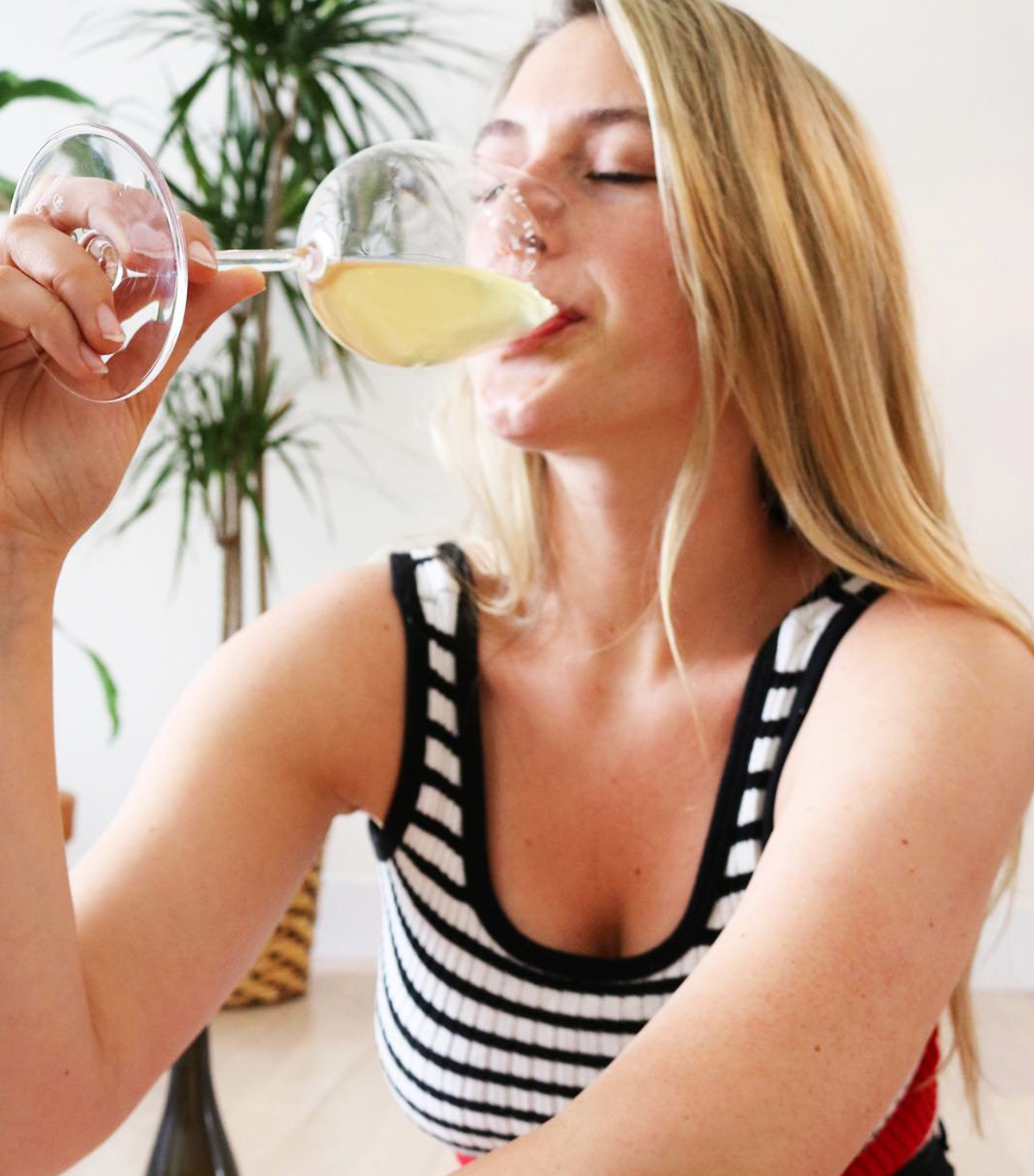
But first, here's how to define "natural wine"
The word "natural" is tricky in that it lacks a strict definition, at least in the realm of FDA regulation (much like "natural" skincare). That said, it generally denotes minimal additives, as well as the way in which the grapes are farmed.
"I believe that natural wine as a whole is more of a mindset within the wine-making process," says Gordon. "Natural wine starts in the vineyard: The grapes are farmed in a low-intervention style, meaning that chemicals such as pesticides, fungicides, or any synthetic material are not used."
Gordon notes that when you see terms like biodynamic, organic, and practicing organic, they simply refer to the vineyard's personal farming standards. Biodynamic suggests even more stringent standards than organic, down to the compounds used in the soil and the vineyard's commitment to sustainability and self-sufficiency.
"The second and most essential part of natural wine takes place in the winery," she adds. "I would describe wine as natural if it has nothing added or subtracted from it—no chemical manipulation such as adding glycerin to change the body, or egg whites to change the appearance."
What's the deal with sulfites?
First, know that not all sulfites—that is, sulfur dioxide compounds—are created equal. "Sulfites are everywhere," says Gordon. "They occur naturally on the grape skins and will be in wine just like they will be in most of the food we consume. These naturally occurring sulfites are not the issue!"
Sulfites are often added during the wine-making process as a kind of preservative "to stabilize the wine, to slow oxidation, and to stop unwanted bacteria and yeast from forming," notes Gordon. In moderation, that's not necessarily something to avoid. "For some winemakers, it's necessary to add sulfites at bottling to stabilize wine, or some of their bottles may turn in transit," she says. "The issue is when winemakers start sprinkling that shit everywhere—in every step of the winemaking process."
Contrary to popular belief, sulfites won't solely cause a wine headache, but they can mess with the integrity and flavor of the wine, says Gordon, and have been shown to aggravate symptoms of asthma, for what it's worth. If you're looking to eliminate additives and synthetics from your diet, it might be something to consider avoiding. (Just look for "sulfite-free" on the label.)
Here's how to avoid that wine headache
Or at least make it less painful. "When it comes down to it, if you drink a bottle of wine, you will feel it the next day, but the severity will be different," says Gordon. Really, it all comes down to how your body is digesting the wine, which is why making conscious, healthier choices about the variety you drink is going to make you feel better in the long run.
"Imagine going to McDonald's and eating a Big Mac, extra-large fries, and a milkshake before going to sleep," says Gordon. "When you wake up in the morning, you will probably feel way worse than if you had consumed a salad and some chicken for dinner. Many mass-produced wines contain tons of chemicals and additives, some of which are not easily processed by your body, while natural wines are pretty much just fermented grape juice."
In other words, we can't guarantee that you'll skip the hangover, but choosing a natural or biodynamic wine is a smart step toward making the next morning more tolerable.
Sulfites aren't the only additives commonly found in wine
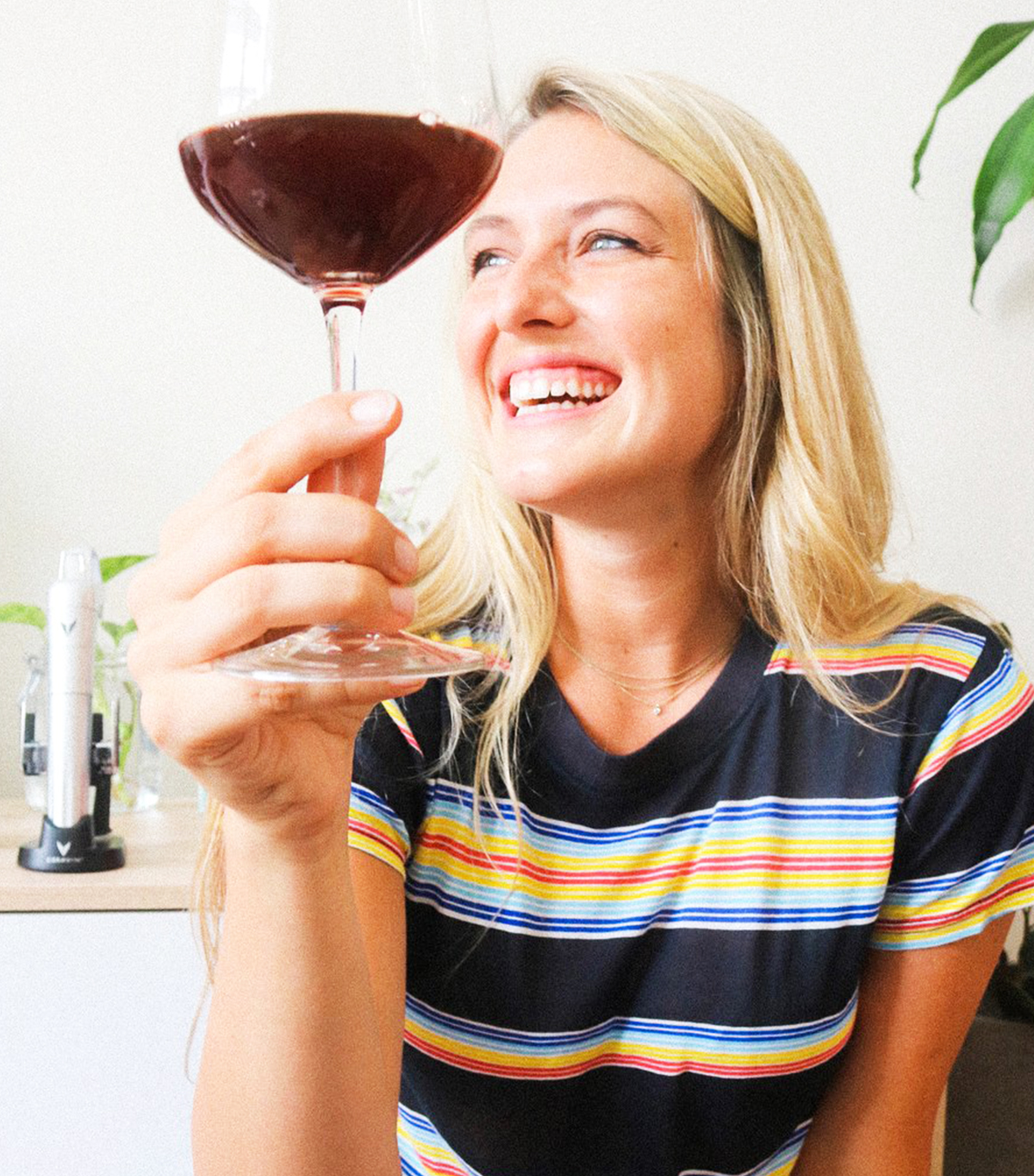
One of the reasons strict vegans avoid a lot of wine varieties is that they're commonly filtered with egg whites and fish bladder (yes, really). "When you produce wine, it's not crystal clear in the glass," explains Gordon. "There are small particles of the grapes that make the wine look cloudy. When you add egg whites, it binds to these partials, making your wine look clear in the glass. It's absolutely unnecessary, but some winemakers think clearer wine is aesthetically pleasing. More often in white wines and sparkling is the additive of isinglass, which is a gelatin obtained from dried fish parts (I know—it sounds so gross!). It binds to the cloudy partials in the wine." Because these elements are usually absent from biodynamic and organic wines, you'll find that they often look a little cloudier, have more of a distinctive smell, and even taste a little juicier or earthier.
Shopping for natural wines is easier than you think
For starters, skip the grocery store. Label-reading can be more of a headache than it's worth, and the selection typically leaves something to be desired, says Gordon. "Head on over to a wine shop where you'll unearth wine geeks like myself who love talking about wine! Don't worry about your wine vocabulary. Just ask, 'Do you have any natural wine?'" If you find a bottle you love, don't forget to take a photo so you know for next time.
And it's not just about skipping the hangover
Avoiding additives and other environmental toxins is certainly a big factor. But beyond that, imbibing in natural, organic, or biodynamic wine contributes to a more sustainable and conscious way of life. If you shop your local farmer's market or aim to buy organic vegetables, why should your alcohol consumption be any different?
"Our dollar speaks for us," says Gordon. "I personally do not want to spend my hard-earned money on a wine that's completely contrived. It's much more important to support the farmer who is making wine in a way that's honest so that he can put food on his table. That, for me, is the best benefit of drinking natural wine."
Next up: 10 home remedies for migraines that don't involve taking pills.
This article is provided for informational purposes only and is not intended to be used in the place of advice of your physician or other medical professionals. You should always consult with your doctor or healthcare provider first with any health-related questions.
